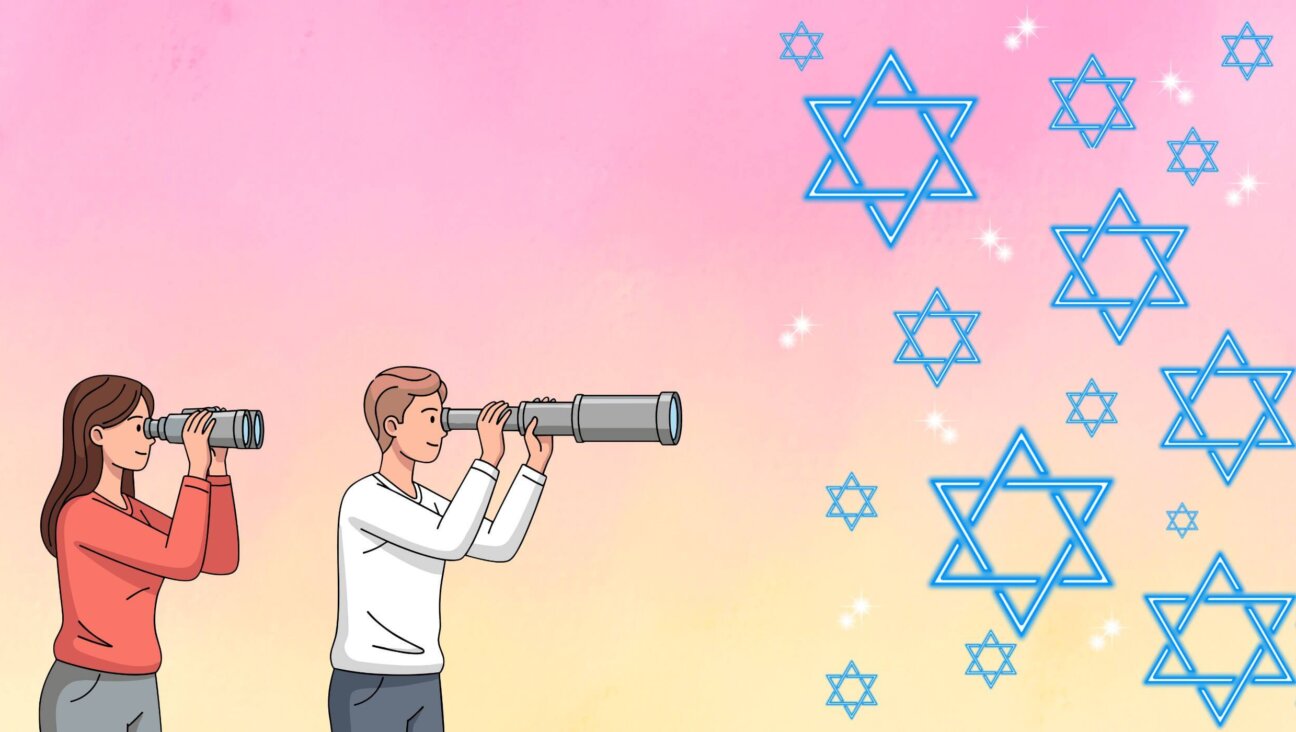Working Poet

Graphic by Angelie Zaslavsky
There is a kind of poetic justice in the news that Philip Levine will be the next poet laureate of the United States. At a time when an economy driven by technological innovation rewards ever-younger thinkers and creators, Levine, at 83, is one of the oldest laureates. He hails from Detroit, that sunken city, and his poetry is informed by his experience working in a gear-and-axle factory, driving a truck, building transmissions — the kind of work that once set America in motion and has been long eclipsed by those who spend other people’s money rather than make things on their own.
His parents were Russian-Jewish immigrants, and while he was not raised firmly in Jewish culture, his poetry speaks to the urban ethos that defined much of Jewish life in the last century. “This has made him the poetic voice of the working class, but a voice heard by other classes, too,” Jake Marmer wrote in his 2009 Forward review of Levine’s latest work, called “News of the World.”
Levine’s poetic account of standing in the rain outside a factory gate, waiting for a job that never appears, resonates deeply with the condition of working-class America, perhaps now as much as it did when he penned “What Work Is,” which won a host of awards in 1991. Levine went on to win, among other accolades, a Pulitzer Prize in 1995 for “The Simple Truth,” in which he wrote:
Some things
you know all your life. They are so simple and true
they must be said without elegance, meter and rhyme,
they must be laid on the table beside the salt shaker,
the glass of water, the absence of light gathering
in the shadows of picture frames, they must be
naked and alone, they must stand for themselves.
Levine has said that he has no grand plans yet for his year-long appointment, other than to use the “bully pulpit” afforded the laureate to promote the work of poets less well known than he is. That gesture seems in keeping with this humble man, whose love of language and respect for ordinary endeavors honors us all.
















